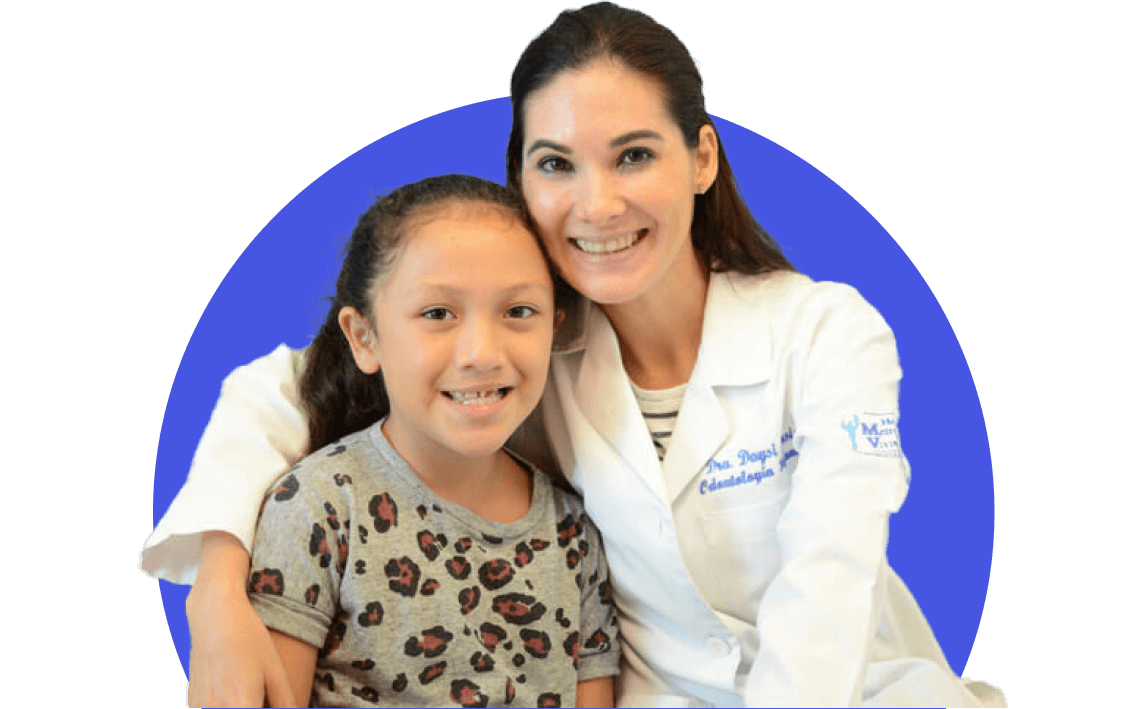- Cleft Home
- What is Cleft Lip and/or Palate?
- Prenatal Diagnosis
- Feeding Your Baby
- What is a Cleft Team?
- Surgery
- Hearing, Speech, and Dental Care
- Paying for Treatment
- Managing Feelings
- Craniofacial Conditions
- Toddlers and Preschoolers
- The School-Aged Years
- The Teenage Years
- Letter to a Teacher
- Information for Adults
- Support Organizations
- Learn More: Downloads
- Cleft Home
- What is Cleft Lip and/or Palate?
- Prenatal Diagnosis
- Feeding Your Baby
- What is a Cleft Team?
- Surgery
- Hearing, Speech, and Dental Care
- Paying for Treatment
- Managing Feelings
- Craniofacial Conditions
- Toddlers and Preschoolers
- The School-Aged Years
- The Teenage Years
- Letter to a Teacher
- Information for Adults
- Support Organizations
- Learn More: Downloads
How can I prepare for my baby’s operation?
Before your baby is admitted to the hospital for surgery, you will need to take care of a number of details, like arranging for accommodations and meals, setting up care for your other children, and organizing your baby’s care during the hospital stay and afterwards.
Be sure to find out whether the hospital provides diapers, formula, and other items so that you will know what to bring from home.
Your team will instruct you on any special feeding techniques and dietary restrictions required after surgery. Be sure to ask your team for information about surgery a few weeks to months before the procedure so you will have time to prepare.
What is a parent’s role in a child’s surgery?
A primary caregiver plays an important role in a child’s treatment. You are the main advocate and spokesperson for your child, both before and after a procedure. It is important to speak openly with health care providers. As questions and concerns arise at home, be sure to ask about them when you meet with the team.
What should I bring to the hospital?
In addition to bringing a diaper bag with the baby’s bottle, formula, and diapers, it is important to bring health insurance cards to the hospital as well as identification like a driver’s license or passport.
Many families also choose to bring a notebook, file, or electronic device for asking questions or taking notes. Some families choose to pack a familiar object, like a child’s blanket or special toy, as well as plenty of bibs and sleepers.
Read the ACPA Preparing for Surgery booklet



